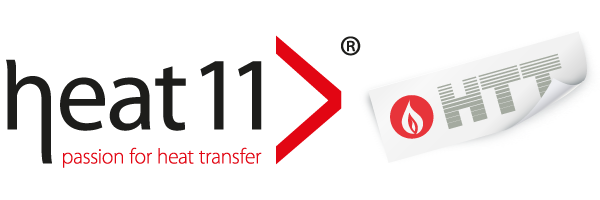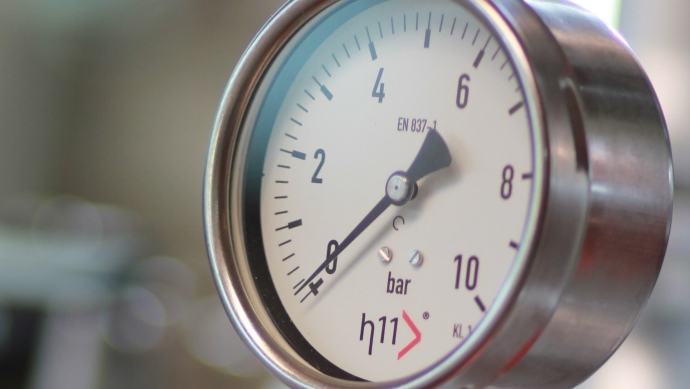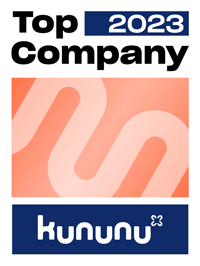For the design of heat transfer plants there are, in our experience, four factors that are important for an economical plant operation:
1. Choice of primary energy
The choice of the energy source plays a major role for the future operating costs. When, for example, natural gas is chosen as primary energy instead of electrical current for a 200 kW plant, up to 80 % of the total costs can be saved!
2. Consequent efficiency orientation
Not only the energy source but also the consequent checking of all plant components for saving potentials can bring considerable cost advantages. By the constructive reduction of pressure losses within the entire plant the required pump drive capacity is reduced. This includes the optimization of the nominal values of pipes and fittings as well as the optimization of pumps and heaters.
3. Timing
Old plants normally dispose of a bad thermal efficiency and are thus highly inefficient and expensive. Furthermore their failure probability is higher and the risk of production failures increases. Correct timing in the renovation is therefore of utmost importance.
4. Keeping an eye on overall costs
Whoever keeps an eye on the investment costs only when designing a plant, pays dearly for this in the end. It is much more decisive to calculate the costs for the complete service life. Considering the above mentioned factors can save – depending on the plant capacity – several hundred thousand euro.
Further details and examples of calculation to this topic can be found in the speech of Dr. Dietmar Hunold on the heatingdays2013 available on request (in the German language only).





Comments are closed.